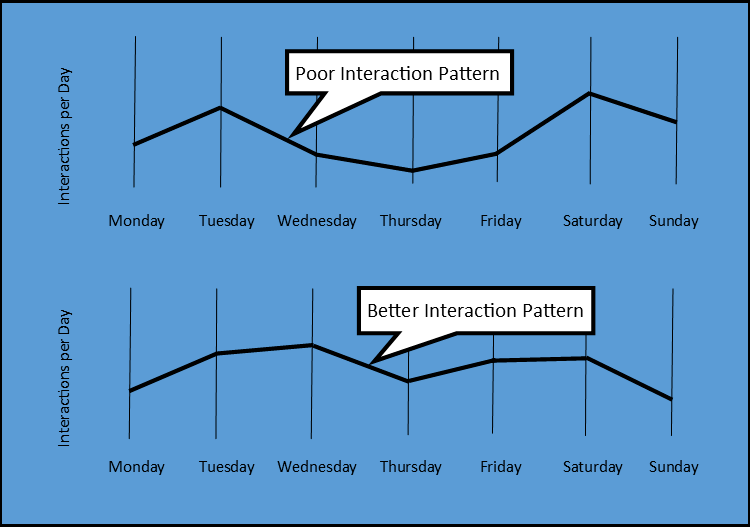August 16, 2015
7 Tips On How To Use Forums In eLearning
Forums in eLearning allow learners to connect and collaborate in eLearning environments, making them an ideal addition to both asynchronous and synchronous instructional strategies. In this article, I’ll offer 7 tips that can help you integrate forums into your next eLearning course.
by Christopher Pappas











